As part of a European initiative dedicated to support refugee inclusion and radicalisation prevention, representatives from law enforcement, government agencies, and NGOs across Europe met to assess the significant progress made in recent months, exchange insights on reducing the risk of radicalisation, and outline the following steps to further support successful inclusion in society.
As European countries welcome refugees, a shared priority is to support their smooth integration into new communities while also fostering social cohesion and inclusion to prevent marginalisation and its potential consequences.
The IN2PREV initiative addresses these challenges by taking a proactive approach in supporting frontline practitioners, from NGOs to law enforcement agencies, and equipping them with the skills and resources needed for effective intervention. By fostering innovation and collaboration, the project strengthens community resilience and helps safeguard against the risks of radicalisation.
Developing tools to support inclusion and integration
During its 5th Steering Committee Meeting (SCM) in Poznan, Poland, on 14-15 January 2025, project partners assessed the significant progress made in recent months and outlined the next steps to advance the project’s goals. With several key tools and methods reaching the final stages of development, and piloting efforts already underway, IN2PREV is moving from design to action.
One of the most significant outcomes now entering the pilot phase is the Frontline Extremism Vulnerability Risk–Structured Evaluation Screening (FEVR-SES) tool. By using carefully developed indicators and clear guidance, this tool gives practitioners a structured way to assess whether a refugee or asylum seeker might be vulnerable to radicalisation. Ethical standards have been central to the tool’s development, with expert input helping ensure it aligns with EU regulations. Currently, after a series of joint review panels and national calibration workshops, the tool is ready to be tested in real-world conditions.
Alongside this, IN2PREV is piloting a mentoring approach designed to support refugees and asylum seekers through inclusion pathways that are both personal and practical. Mentoring groups are already taking shape across the partner countries, with trained mentors offering guidance, connection, and a sense of stability. These pilots are helping shape the final version of the programme by bringing in first-hand insights from those involved.
The training efforts implemented by the project have also obtained excellent results. The e-learning “Train the Trainer” course drew in nearly 180 registrations, with 86 practitioners completing the full training. The separate e-learning modules on the FEVR-SES tool and the mentoring programme reached even wider – over 250 registrations and more than 100 participants fully trained. These numbers underscore the high demand among professionals for support in dealing with the complex challenges linked to integration and radicalisation.
The next phase of the project will focus on testing and refining these tools based on how they perform in practice. This includes upcoming in-person training sessions in Poznań, Bratislava and Granada – which will bring together professionals from multiple sectors to deepen collaboration and ensure all participants are fully equipped to effectively implement the tools.
As the pilots are implemented and the tools are applied in real-world settings, IN2PREV is demonstrating how collaborative learning and cross-border cooperation can strengthening integration across Europe.
Learn more about this project

IN2PREV
Law enforcement and community cooperation and training approach to prevent radicalisation by ensuring refugees’ successful inclusion
The IN2PREV project Consortium is coordinated by BSAFE LAB – University of Beira Interior (Portugal) and partnered by IPS_Innovative Prison Systems (Portugal), the Polish Platform for Homeland Security (Poland), the Euro-Arab Foundation for Higher Studies (Spain), the European Association for Social Innovation (Romania), the Academy of Police Force in Bratislava (Slovakia), the Center for Security Studies (Bosnia and Herzegovina), the General Police Inspectorate of the Ministry of Internal Affairs (Moldova), and the Bureau of Migration and Asylum (Moldova).
For more information on the IN2PREV project, please visit its website.
Related projects
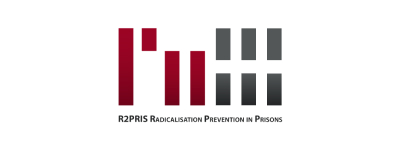
R2PRIS
Radicalisation Prevention in Prisons

COOPERHATE
Delivering a comprehensive approach to preventing, reporting, investigating and prosecuting hate crime and hate speech-related incidents in Portugal

PRACTICIES
Partnership against Radicalisation in Cities

FUTURE-ART
Sentinels of the Future: Together to Eradicate Human Trafficking

MIRAD
Multi-Ideological Radicalisation Assessment towards Disengagement
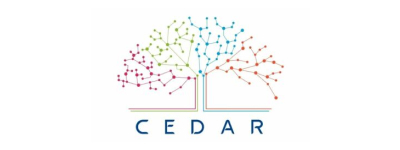
CEDAR
Continuing Education Against Radicalisation

INTEGRA
Integrated Community, Probation and Prison Services Radicalisation Prevention Approach

EUTEx
Developing a European framework for disengagement and reintegration of extremist offenders and radicalised individuals in prison
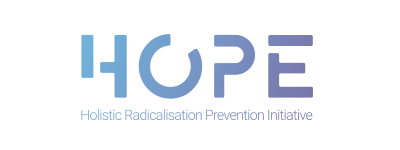
HOPE
Holistic Radicalisation Prevention Initiative (Balkan countries)
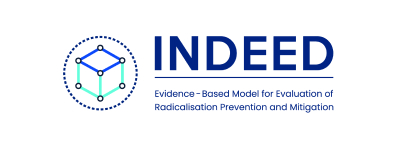
INDEED
Strengthening a comprehensive approach to preventing and counteracting radicalisation based on a universal evidence-based model for evaluation of radicalisation prevention and mitigation
Related news
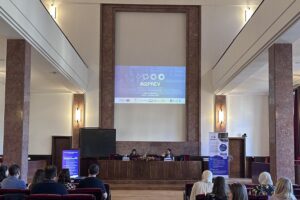
IN2PREV Final Conference highlights cross-sector collaboration for refugee inclusion and radicalisation prevention
Read More »
Standing united against hate: A national effort to prevent and tackle hate crime and hate speech in Portugal
Read More »
New IPS-led initiative unites efforts to protect religious communities, schools, and places of worship
Read More »
IPS contributes to shaping EU’s future agenda on radicalisation prevention at Brussels Town Hall meeting
Read More »



